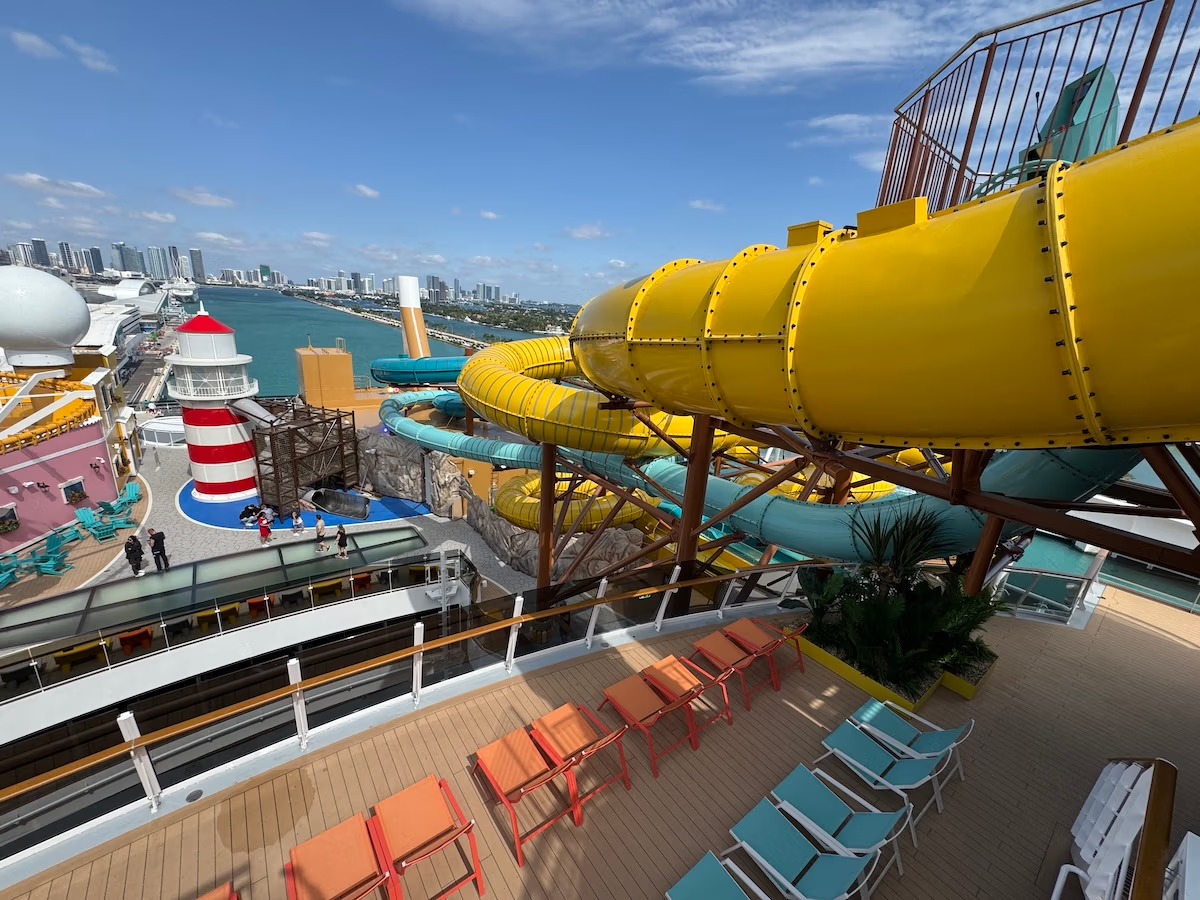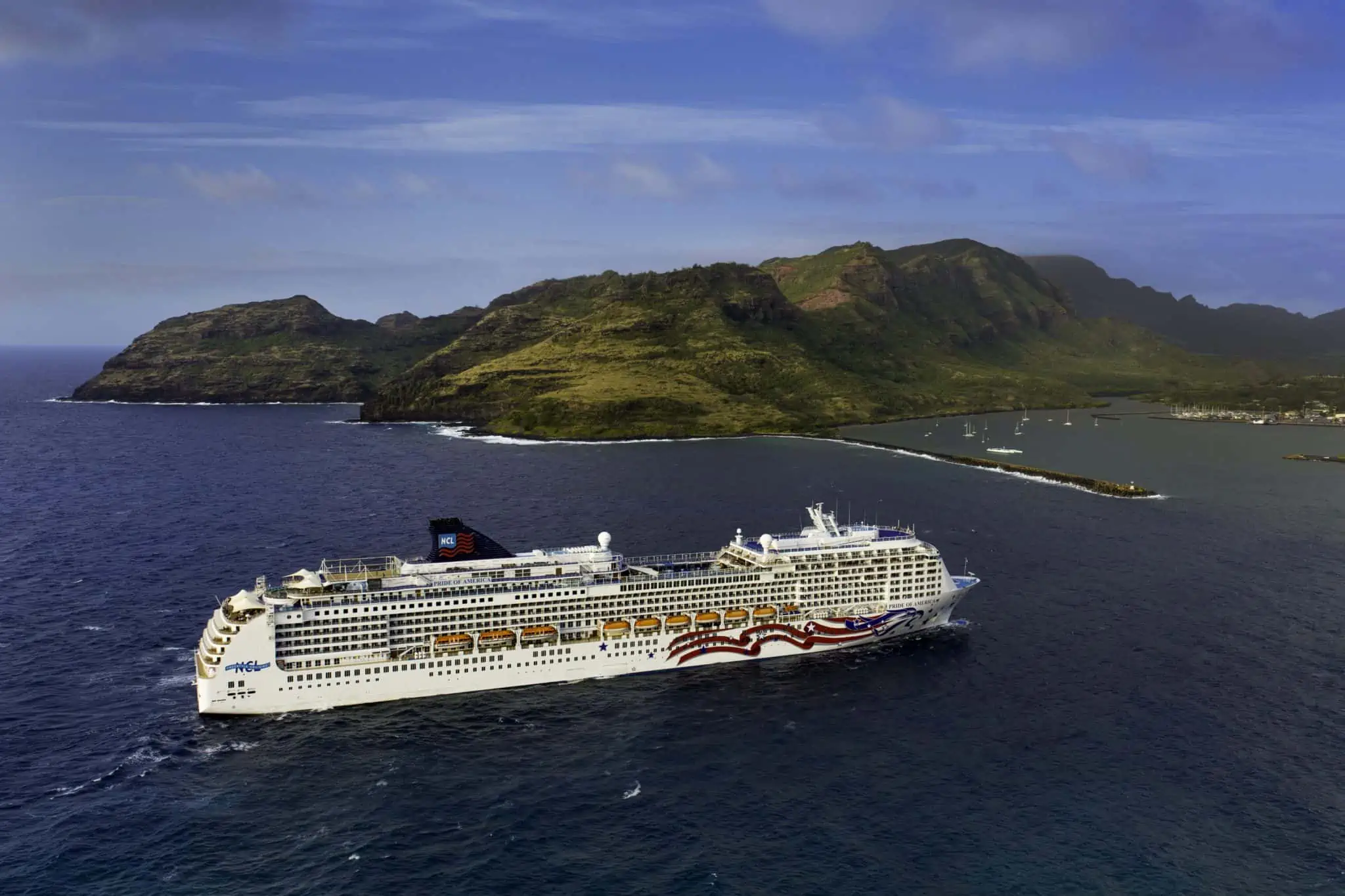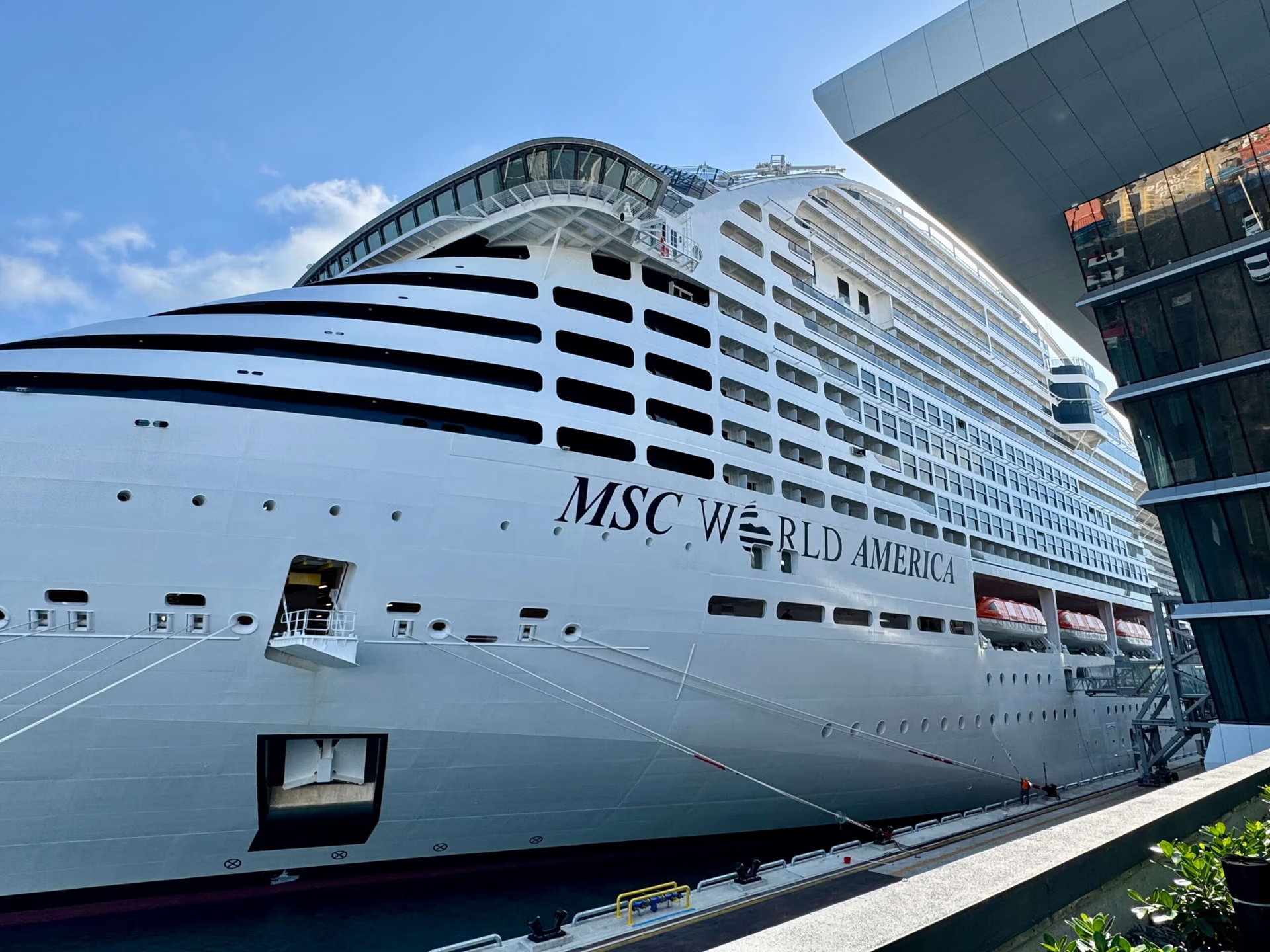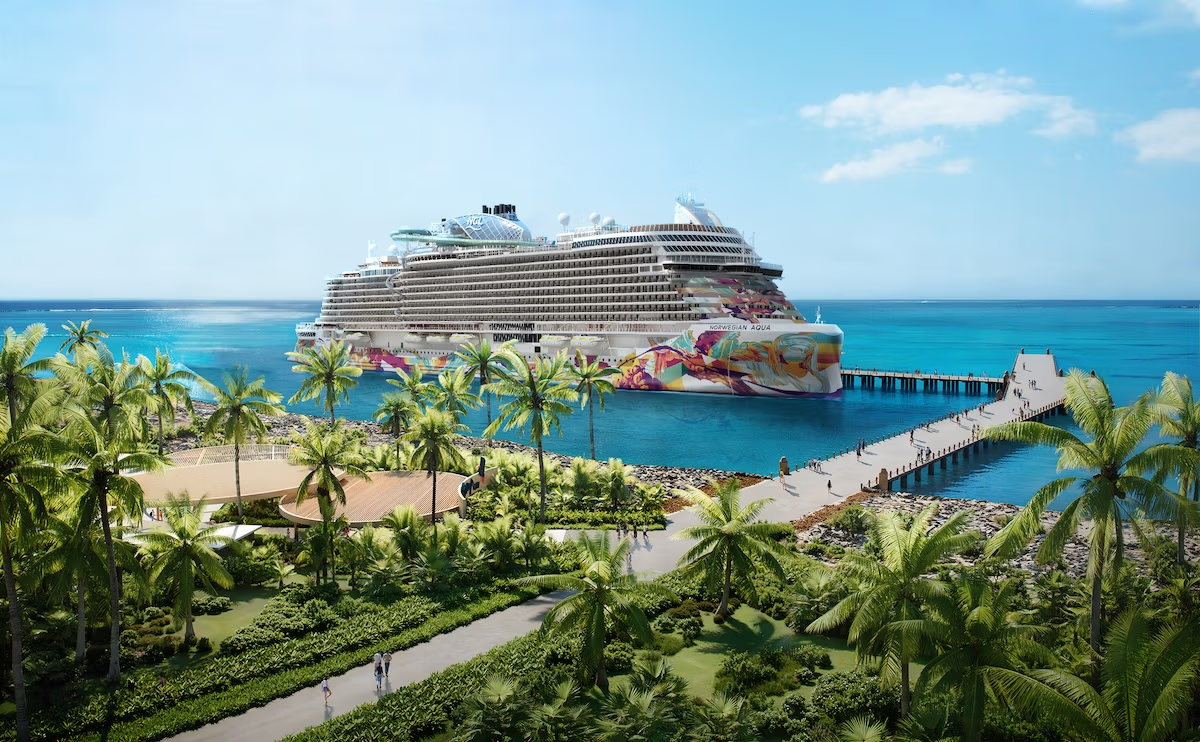P&O Cruises denied boarding to a 69-year-old man because he failed to declare his electric wheelchair, which conflicted with the line’s policy that passengers should be notified in advance via a special form.

Mike Ashton from Bedford, UK, arrived at the Southampton port on May 4, ready to board the Ventura with his family. They were looking forward to seven days of touring France, Spain, and Portugal.
However, Ashton was stopped at embarkation. He was informed that he failed to complete the onboard needs questionnaire in advance, where he was supposed to specify that he was bringing a wheelchair.
The only option given to the cancer survivor was to travel without his wheelchair. This wasn’t feasible for Ashton, who has relied on assistive devices since 2019.
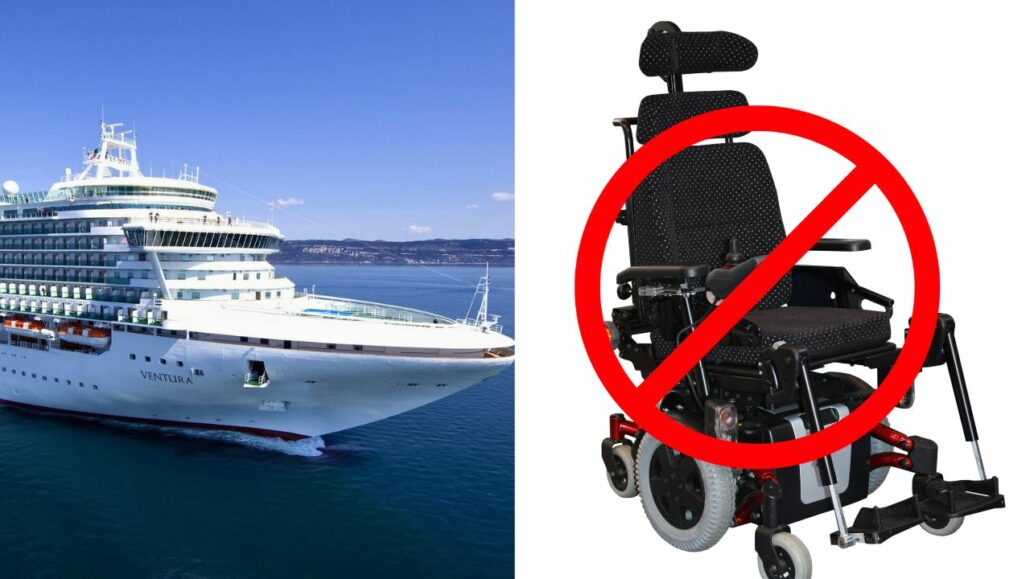
Though he organized the trip, Ashton decided to let his family members leave without him.
In an emotional BBC radio interview, Ashton broke down as he recalled the moment. “My daughter cried. It was embarrassing. I felt let down. P&O made me feel more disabled than I am. Humiliated,” he described.
He added that he checked his emails regularly but received no notifications.
| A P&O representative offered the clarification, “The onboard needs questionnaire is on My P&O Cruises (our online portal) to be completed–it is not sent out by email. It is also very clear on the front page of My P&O Cruises that this is to be completed if needed.” |
Why didn’t P&O just allow him onboard?
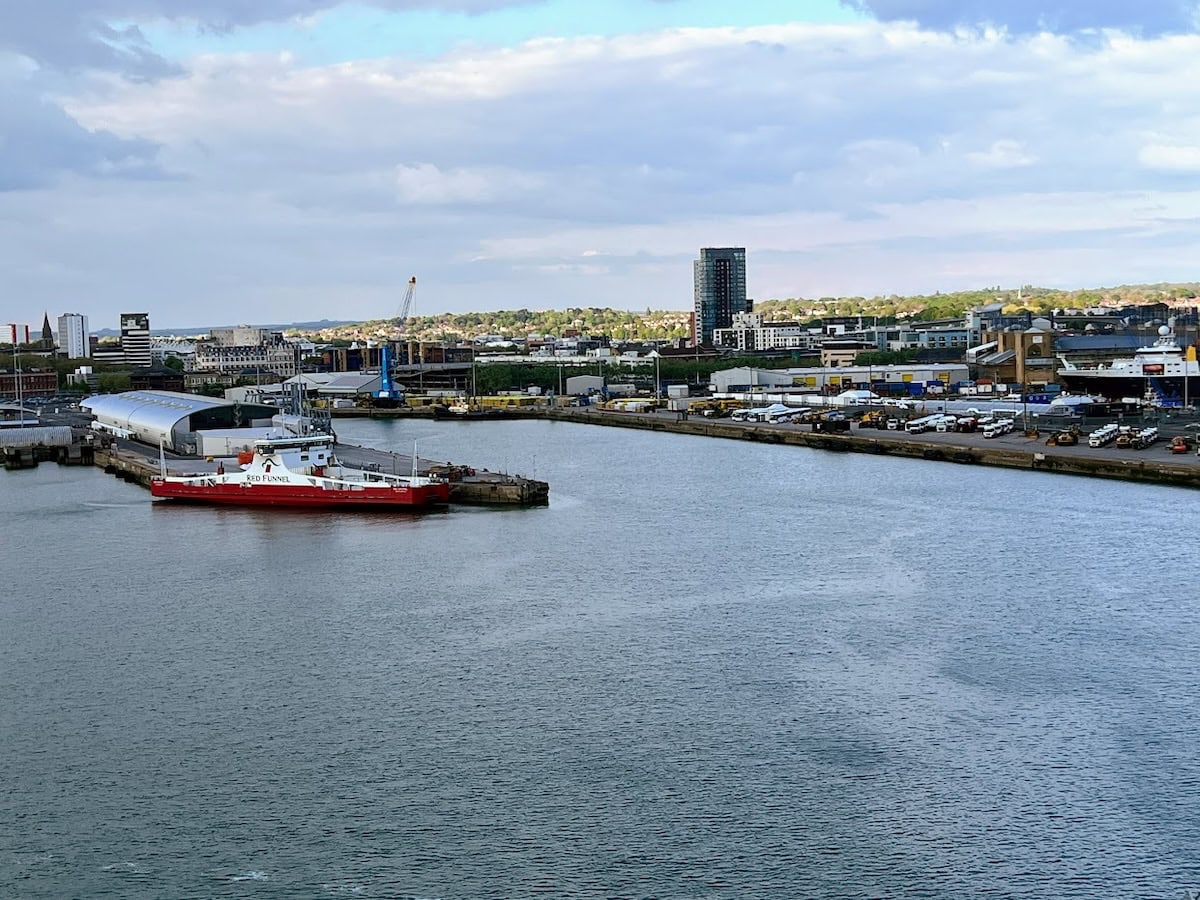
The cruise line’s Mobility Aids and Equipment page reads, “If you do not advise us in advance of your holiday that you will be bringing a mobility scooter, you won’t be able to bring your mobility scooter on board. There are no storage facilities available for devices that are denied boarding, so this could also result in you being denied boarding.”
P&O’s Accessibility page also mentions and links to the questionnaire. According to the site, it must be submitted at the latest two weeks before the sailing date.
Anyone bringing mobility scooters or wheelchairs must notify P&O ahead of time. This allows the company to ensure that passengers receive assistance from crew members during emergencies and that the stateroom can accommodate the equipment.
Passengers can be denied boarding for different reasons. The most common ones include a lack of proper documentation, intoxication, arriving late, and posing safety concerns. Last February, a woman was left behind by a Carnival cruise ship for being too far along in her pregnancy.


